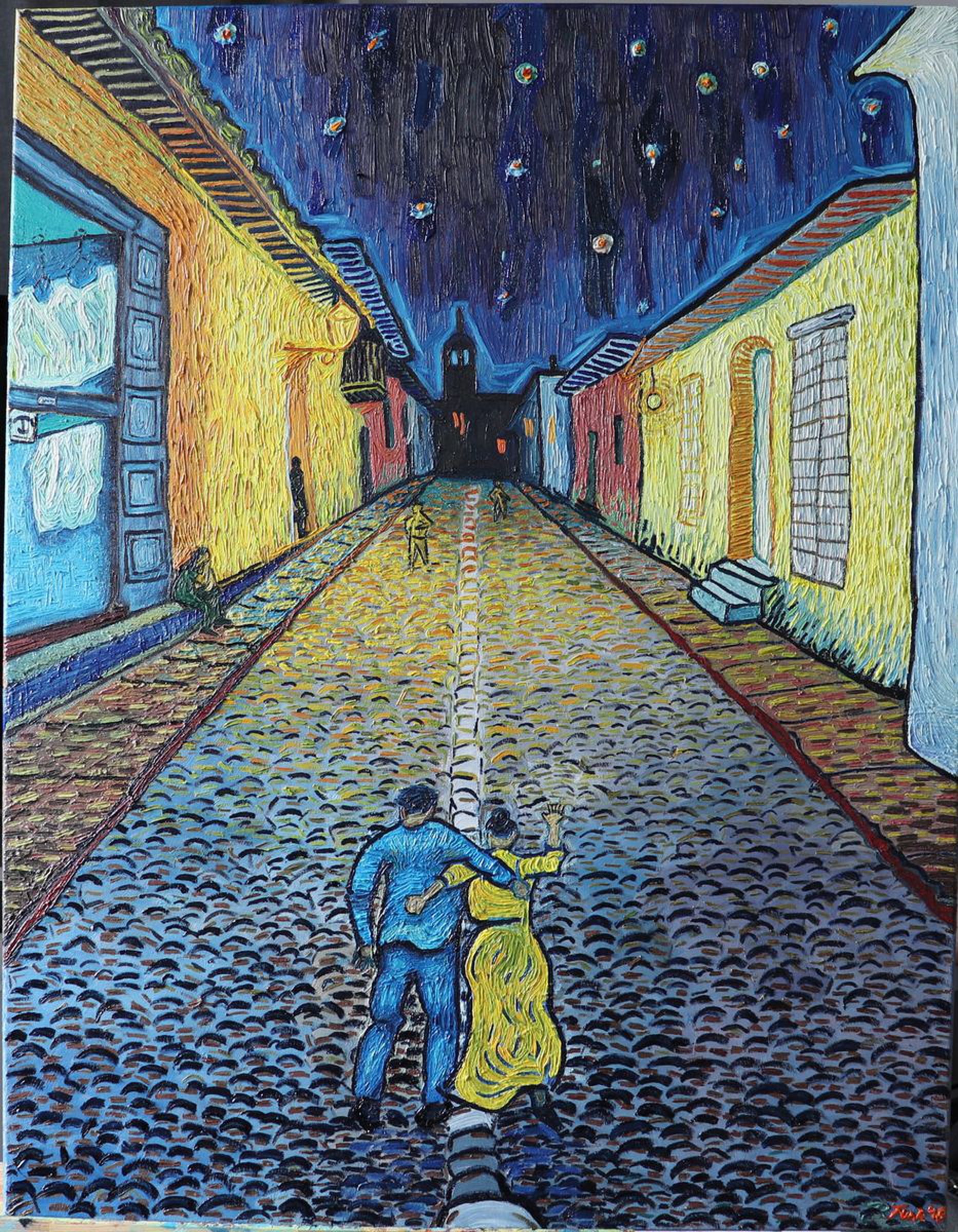PATHWAYS TO TRAUMA AND VIOLENCE AMONG YOUTH
TRINIDAD IN CONTEXT
Despite being among the most economically stable countries in the Americas, Trinidad grapples with broad community-level challenges—chief among them, community violence. According to data from the UN Office on Drugs and Crime, Trinidad has a homicide rate of 35.2 people per 100,000 inhabitants, giving the island the world’s seventh highest homicide rate. Much of this violence perpetration and victimization is concentrated among Trini youth. Beyond the sizable toll in lives lost and injury that interpersonal violence wields in Trinidad each year, research illustrates these exposures to interpersonal violence, beyond being predictors of committing subsequent acts of violence up through and into adulthood, are associated with an increased likelihood of depression, substance misuse and risky sexual behavior. Further, as in the U.S., Trini youth committing violence have traditionally cycled between criminal courts and incarceration whilst facing ongoing, entrenched barriers to education, employment, housing, and mental wellness.
ENVIRONMENT AND RESTORATIVE JUSTICE
The Trini Study focuses, first, on understanding the wider constellation of “environmental risk factors”–broadly defined–to violence. Research illustrates how a nexus of environmental forces, relating to both the natural environment (e.g., air and water quality) and built environment (e.g., infrastructure) contribute to the embedding of violence in certain geographies. Secondarily, this research explores current evidence-based approaches to violence prevention being undertaken through The Judiciary of Trinidad and Tobago’s new child-focused court system. The Judiciary’s undertaking, done in collaboration with the United Nations Development Programme and USAID, takes a restorative, “trauma-informed” approach to addressing criminal behavior among Trini youth. Restorative practice emphasizes direct mediation between the victim and perpetrator, with the goal of improving the psychosocial outcomes of both parties and reducing repeat offending and victimization–and mending underlying processes that have led to the maladaptive behavior. Because restorative justice programming has rarely been implemented at systems-levels, there is a valuable opportunity here to empirically examine the various contours of such a modality.
RESEARCH DESIGN
This research consists of a 6-month community-based participatory research project (CBPR) in Port of Spain, Trinidad and the surrounding communities of Diego Martin and Chaguanas. These locations are being chosen due to their elevated rates of violence and amenability for CBRP research. Rather than just take this data and publish it in obscure research journals, we want to use it to stimulate difficult conversations with Trini residents, and inform policy and practice in Trinidad. With this in mind, this project will seek to intimately engage three key groups: 1) local at-risk youth, 2) their families, and 3) professional and community stakeholders. Study instrumentation will focus on sparking discussions around violence, restorative justice and psychological trauma. The central research question grounding this framework is as follows: How do, and how can, Trini youth and professional/community stakeholders understand, navigate and respond to community-level violence?
ABOUT THE RESEARCHER
Jerel Ezell, PhD, MPH, is an Assistant Professor in Africana Studies at Cornell University. He is the lead researcher for The Trini Study. Jerel’s latest research piece, a review of literature on attitudes and attributions for interpersonal violence, was published in Trauma, Violence and Abuse. You can learn more about Jerel here.
The Trini Study is funded by and administered through an award from the Fulbright Association, a nonprofit which has supported cultural exchange and international, community-based work for over 70 years.
This study’s research methods are approved by the University of Chicago Institutional Review Board (Protocol Number: #IRB19-1447), Learn more here. Primary intellectual and collaborative support for The Trini Study comes from the University of Trinidad and Tobago’s Institute for Criminology and Public Safety.
Please direct any comments or questions to jme246 (at) cornell.edu.


